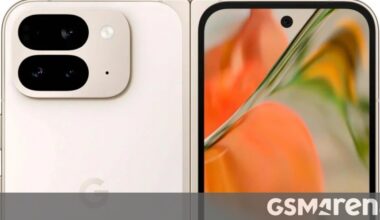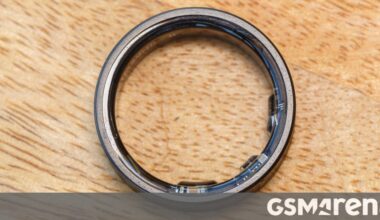Can’t remember the last time you turned your phone off? Is Bluetooth always on? Do you plug into any charger you can find?
If you answered yes to any of these questions, the National Security Agency (NSA) says you’re playing a crapshoot with your privacy.
The NSA’s purpose is to collect, analyze, and report intelligence to support national security. It’s definitely worth listening to advice from the agency.
Let’s take a deeper look at the five smartphone rules the NSA has provided to keep the American public safe.
Restart your phone once a week
The NSA says turning off your phone and restarting it once a week is a simple, effective habit that can help thwart zero-click exploits — the kind where hackers infiltrate your phone without you clicking anything.
To restart your phone the right way: Turn it off completely, wait at least 10 seconds and turn it back on.
While this won’t remove persistent malware, it can disrupt certain exploits and give you a fresh start. For deeper issues, you’ll need to do a full factory reset.

Experts revealed that your iPhone may be contributing to deadly weather events due to carbon dioxide emissions released from every state of its manufacturing process and use
Extra Privacy Step: The NSA recommends regularly checking your phone for updates. Security patches fix vulnerabilities that attackers love to exploit. To update:
· iPhone: Settings > General > Software Update.
· Android: Settings > System > System Update.
Disable Bluetooth When Not in Use
Bluetooth is convenient but also a potential gateway for hackers, especially in public spaces where attackers can be close enough to exploit vulnerabilities. To protect yourself, simply turn the feature off.
Why It Matters: Hackers have tools like ‘BlueSnarfing’ to steal data or even listen to conversations.
You’ll also save battery life by disabling Bluetooth when it’s unnecessary.
Pro Tip: Rename your device to something generic (e.g., ‘Device123’). This makes it harder for hackers to identify your phone in public spaces.
Skip public USB ports
The NSA warns against public USB charging ports found in airports, coffee shops, and hotels because they may come with an invisible risk: juice jacking.
This occurs when hackers use USB connections to install malware or steal your data.
How to Protect Yourself:
· Avoid public USB ports: Opt for regular power outlets instead.
· Use the right cable: Pack a charge-only cable for your trip. These cables don’t transfer data, ensuring your phone only charges.
· Invest in a portable power bank: These small devices let you charge on the go without relying on public outlets.
Many public charging kiosks now offer wireless charging pads. These are safer as they don’t involve data transfer. Still, keep your phone clean by using reputable chargers whenever possible.
Don’t use public Wi-Fi
Public Wi-Fi is open to everyone and every device is susceptible, whether it’s your smartphone, laptop or tablet.
It’s a playground for snoopers. Public Wi-Fi is open to everyone, and every device is susceptible, whether it’s your smartphone, laptop or tablet.
Just because a public Wi-Fi network pops up and asks if you want to join doesn’t mean it’s legitimate. Here’s how to stay safe:
· Verify the network: Ask an employee at the location for the official Wi-Fi name to avoid connecting to malicious networks like ‘Free Coffee Wi-Fi.’
· Enable a VPN: A Virtual Private Network encrypts your connection, making it nearly impossible for hackers to intercept your data.
· Use your mobile data: For sensitive tasks like online banking or accessing work emails, your phone’s cellular network is far more secure.
Pro Tip: Keep Wi-Fi off when you’re not using it. This prevents your phone from automatically connecting to insecure networks.
Cover your mic and camera
The NSA says it’s best to use a protective case that drowns out your microphone and covers your camera when you’re not using it.
In ‘hot-miking’ attacks, hackers activate your microphone without you knowing it so they can listen into your conversations. It happens when your device has been compromised in some way, usually through malware or an app that’s exploiting permissions you granted. Most folks aren’t targets for attacks like this, but I’d rather be safe than sorry.
Start with app permissions to check what access you’ve handed out:
● Apple iPhone: Go to Settings > Privacy & Security, and look through the list of apps and what permissions they have.
● Google Pixel: Open Settings > Security and privacy > Privacy > Permission manager.
● Samsung Galaxy: Head to Settings > Security and privacy > Permission manager.
It’s not just hackers to worry about. Most of what you type, say, search and buy is being tracked in one way or another.
The best unhackable layer of security is physically blocking the sound or camera feed. There are expensive cases out there that do the job, or you can buy a mic blocker for around $10.
It slides into your headphone port to stop recording. You’ll need an adapter unless your phone still has an audio jack. For a cheaper DIY option, grab your oldest corded headphones, snip them off and plug that into an adapter.
Source link






